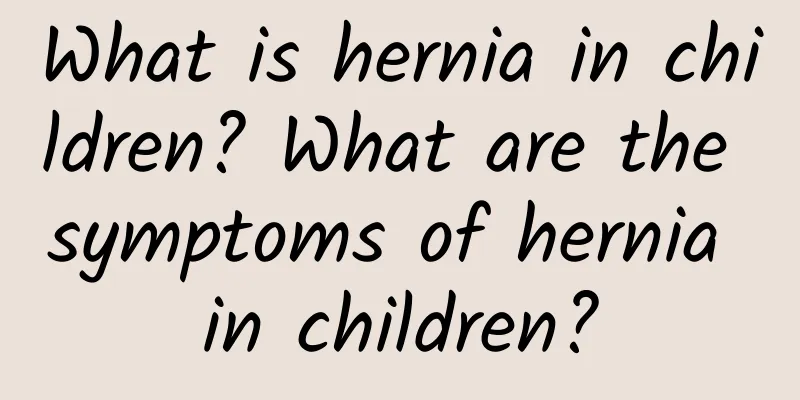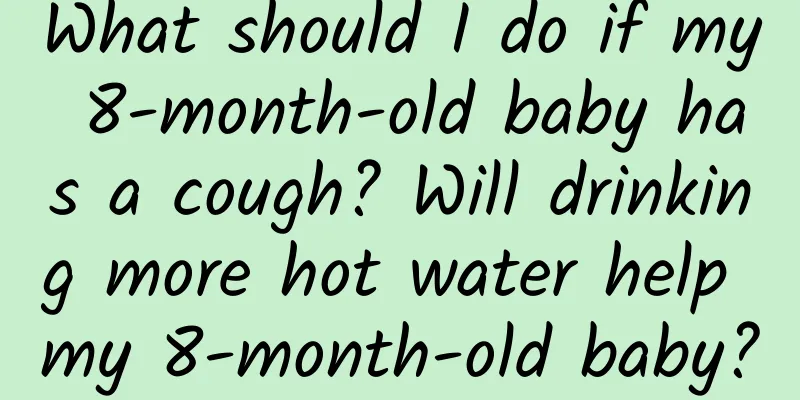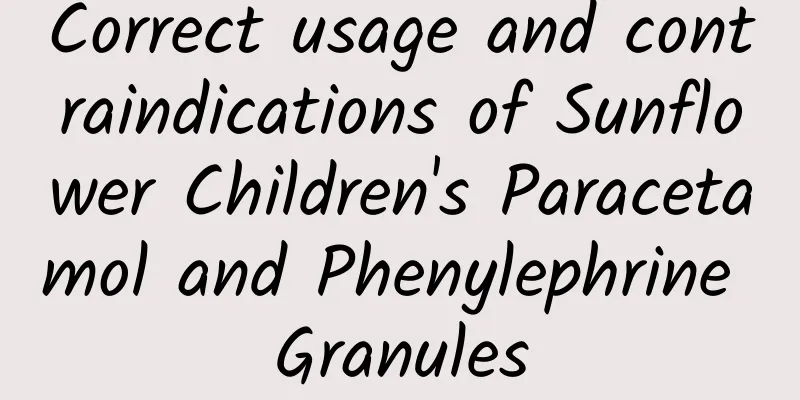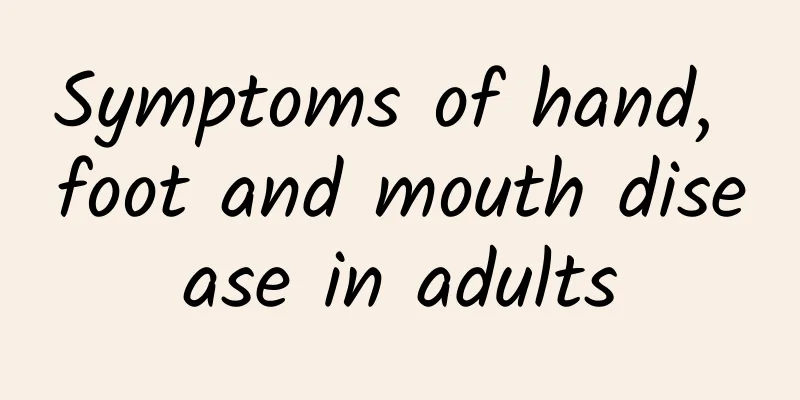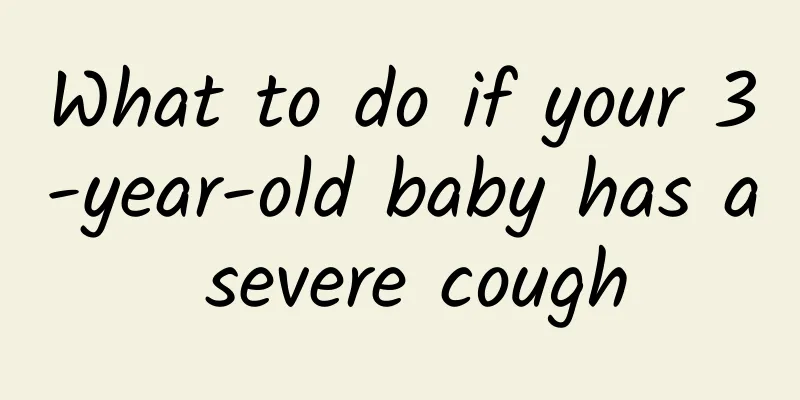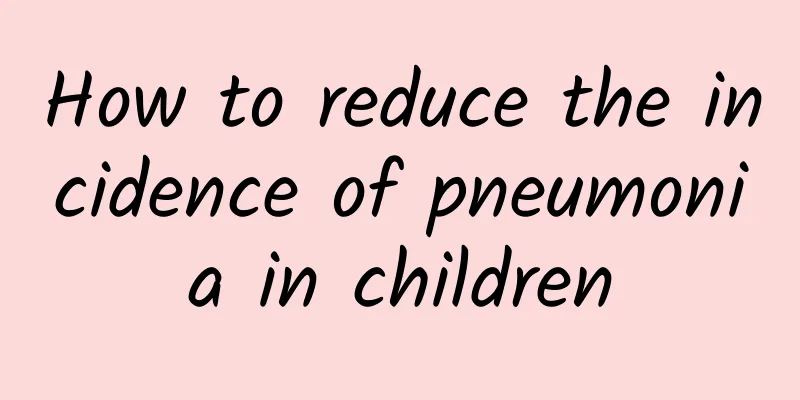What to do if your child has a flu cough

|
Children's flu cough is generally caused by viral infection, and comprehensive measures are needed to alleviate the symptoms, including medical diagnosis, drug treatment, proper diet and care to help children recover. 1. Medical diagnosis and virus control Flu-induced cough may be one of the main symptoms caused by viral infection, and you need to see a doctor promptly to confirm the diagnosis. Doctors usually determine whether it is flu based on clinical manifestations and medical history, and may prescribe the following medications: - Antiviral drugs: such as oseltamivir, can reduce the duration of flu symptoms and are most effective when taken within 48 hours of onset. - Cough suppressants: such as dextromethorphan, are used to relieve frequent coughs, but must be strictly followed according to the doctor's instructions. - Antipyretic drugs: such as acetaminophen or ibuprofen, to reduce the discomfort caused by fever. These drugs can help relieve symptoms, but they cannot replace antiviral treatment. If you cough frequently or have symptoms such as difficulty breathing or purple lips, you need to seek medical attention immediately to prevent the disease from causing greater damage to your respiratory tract. 2. Proper diet and fluid supplementation During the flu season, children's immune systems are under stress, so supplementing nutrition and water through diet is a basic care measure. -Drink more warm water or warm drinks: such as light salt water, warm honey water (only for children over 1 year old), which can help soothe the itchy throat and avoid dehydration. -High-vitamin foods: Provide fruits rich in vitamin C such as oranges and strawberries to enhance immunity. -Easily digestible food: such as porridge, steamed eggs, avoid greasy and spicy food to protect gastrointestinal function. Proper dietary conditioning can aid recovery, but it should be noted that a regular diet cannot replace medical treatment. 3. Home care and environmental improvement The nursing environment has a great impact on relieving cough. You can try the following methods: -Keep the air moist: Using a humidifier or placing a basin of water indoors can relieve the irritation of dry air on the respiratory mucosa. -Keep warm and ventilate: Avoid letting your child catch cold and keep the air circulating to reduce cross-transmission of respiratory infections. -Reasonable rest time: More rest helps the body to repair itself. Try to keep your child in a quiet environment, which will help with nighttime sleep and cough relief. 4. Watch out for complications and when to see a doctor Some pediatric flu coughs may cause other problems, such as pneumonia, otitis media, acute sinusitis, etc. If you find that your child's cough worsens, the fever persists for more than 72 hours, or the mental state is extremely poor, you need to take the child for a follow-up visit immediately. Coughing is one of the common symptoms of influenza. Through comprehensive management measures such as regular medical treatment, reasonable care, and dietary conditioning, most children can recover quickly. Pay attention to monitoring changes in your child's condition and seek medical attention in time if serious symptoms are discovered early. |
<<: Acute mumps symptoms in children
>>: How to treat children's hand, foot and mouth disease
Recommend
What is the radical cure for acute laryngitis in children?
Acute laryngitis in children often has an acute o...
Can I get a vaccination after taking Children's Cold Granules?
After drinking Children's Cold Granules, it i...
Is acute suppurative mumps contagious?
Is acute suppurative mumps contagious? Acute supp...
How to treat newborn jaundice? Why do babies have jaundice for different lengths of time?
It is normal for newborns to have jaundice, but n...
What medicine should children take for diarrhea and indigestion?
What medicine should children take for diarrhea a...
How to detect jaundice in newborns
How to detect neonatal jaundice? Nowadays, many b...
What tests are needed for neonatal hypoxic-ischemic encephalopathy?
Hypoxic-ischemic encephalopathy is a type of brai...
How to treat vulvar malnutrition? What causes vulvar malnutrition?
Vulvar dysfunction is a difficult and complicated...
Are there many cases of Kawasaki disease being cured?
Are there many cases of Kawasaki disease being cu...
What is hernia in children and what causes it
Pediatric hernia is a common surgical disease in ...
What is ADHD
ADHD is a common behavioral disorder in children,...
How to treat pneumonia in children?
In addition to Western medicine, neonatal pneumon...
How to care for parents with neonatal jaundice? Neonatal jaundice should be cared for from these 4 aspects
Many newborns are prone to jaundice. After the ne...
Symptoms of severe malnutrition
Severe malnutrition has many clinical manifestati...
What is the most effective way to treat pneumonia in children?
Now that we have entered autumn, pneumonia in chi...
